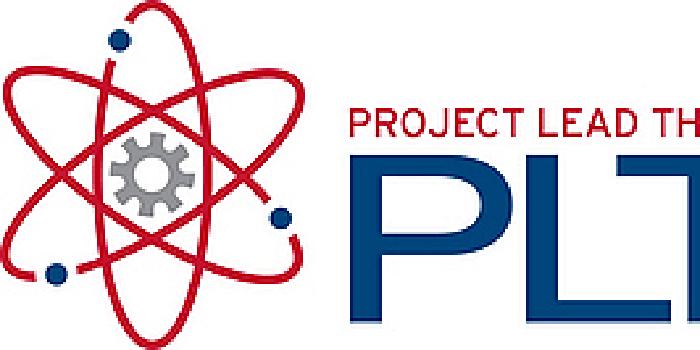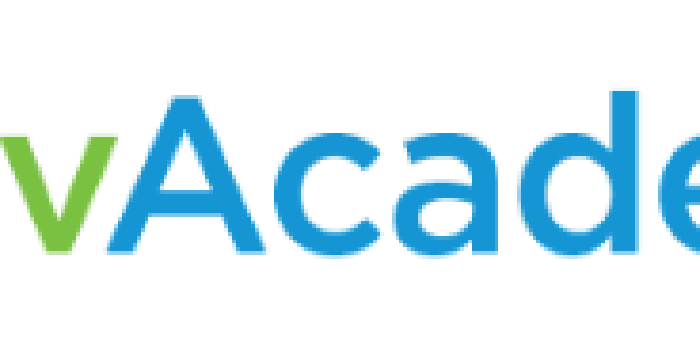2013 Software Intern Hackfest
Providing opportunities for students to gain experience in software development and grow the skills necessary to excel in their careers after graduation is a top priority for Cerner Engineering. Our annual Software Intern Program gives students insight into the design, implementation, testing, deployment, and maintenance of large-scale software projects, which are often beyond the scope of the typical academic experience.
In 2013, we had a total of 224 interns across all business segments with 107 placed into the Software Intern Program to grow their experience as Software Engineers. Each intern was placed on an engineering team, paired with a dedicated mentor, and immediately began learning to use industry-standard tools and processes. They worked on real projects that will ultimately end up in the hands of our clients and play a part in transforming healthcare through the use of technology.
This summer, interns worked on a wide variety of projects spanning from Eclipse RCP applications, Web services, iPad applications, or working with Big Data in the cloud. They used Java, iOS, Ruby, .NET, and many other technologies to solve problems and create new solutions to ensure each intern learned something new while challenging them to take away a new set of skills at the end of their summer experience.
But it’s not all work - the summer schedule was full of opportunities to learn about Kansas City, Healthcare, network with other interns in the program, and have as much fun as possible. This year, we kicked off the internship program at a Sporting KC soccer game, including a private tailgating event. Interns also got a chance to experience the Tucker Leadership Lab, attend lunchtime tech-talks, participate in a CodeRetreat, attend our annual Developer’s Conference (DevCon), go to Worlds of Fun, and go on tours around Kansas City to learn more about the different parts of town and what makes this a great place to live and work.
One of the most fun events this past summer was the Software Intern Hackfest. An optional event, Interns formed teams of 2-4 and were given a week with the goal of:
- Dream it.
- Build it.
- Present it.
- Profit!!!
The teams were given a week to build anything they wanted and presented the end result to a panel of Cerner software developers for prizes and glory. We took some time to sit down with two of the winning teams to get their thoughts on the Hackfest and their overall experience with the internship program.
Grand Prize winners: Team Golf
Addison Shaw, Richard Habeeb
Cerner: Describe your project and how you created it.
A&R: When we came up with the project, we thought, in one week, how far could we push ourselves? Let’s do a game. We wanted a challenge.
We chose JavaScript because neither of us had much experience with it previously. JavaScript is really cool because it has a lot of game frameworks already. We found KineticJS - it mainly handled the html 5 canvas. It lets you do simple animations, rotations, and scaling.
When we were coming up with the design of the game, it was more of a “create as you go” project. We didn’t just sit down and immediately come up with a game of aliens, cows and robots. We started out with a framework.
We wanted the game to be dynamically generated, and we wanted it to be a traditional survival game.
We knew it had to be 2-d. We built the framework with a grid structure. We made all the graphics ourselves with a pixelater.
Cerner: What were your biggest takeaways?
Addison: I learned a lot of JavaScript and CSS Less along the way. I’m a lot more interested in web development now. I also learned that it’s okay to go well into the night to finish a project, and it relates to the real-life work environment. Knowing that we were competing against other teams and having the hard stop was motivation. We knew it didn’t have to be perfect; we just had to finish.
Richard: I called it free motivation. It’s a competition, and there’s that side of me that wants to do really well. There’s also a deadline. It’s a chance to show off your work to others. The project was very self-directed. We came up with the tools and decided it ourselves. The creativity part was awesome.
Cerner: What was the most fun?
Addison: I had Richard over to my house one day. We bought a bunch of snack food and red bull and worked on the game. My mom got us a pizza and it was really fun! We also did some trash talking with other interns. That was fun.
Cerner: What will you do with your prize? (Raspberry Pi)
Addison: It was an awesome prize! I want to do something with home automation. We are living in a house [at college] this year. Maybe I’ll create something like clap on lights.
Richard: I do robotics a lot during the school year and I was thinking of working with it at our club.
Crowd Favorite: Mad Scientists
Alex Valentine, George Li, Jack Miles
Cerner: Describe your project and how you created it.
Alex: It was my idea to make a game. For the longest time, we didn’t know what we wanted to do. Originally we were going to make a 2-D game. We thought it would be easy not making that 3rd dimension. There is a game that puts 2D and 3D together. It looked really simple and easy. So we went with that.
Jack: A few of us weren’t familiar with C#.
George: We all liked to play video games! We used Unity to create it. Someone told me if you want to learn Git you should forget everything about SVN. That didn’t necessarily happen for me.
Cerner: How did you communicate the tasks that needed to be done?
Alex: We assigned people different aspects of the game. I took characters.
George: I took responsibilities for weapons.
Jack: I took charge of enemies.
Cerner: How did you deal with integration?
Jack: For the longest time Git was giving me problems. I was on a Mac and they were on PCs.
Alex: We learned that we should never commit directly to the master branch. Making mistakes and then figuring out how to fix them really helped me learn Git.
George: I learned more about Git than creating the game and ended up giving a lightning talk on Git. The Unity engine isn’t setup well for source control. We would have to diff in different stuff.
Cerner: You learned some new technologies – what else did you learn?
Alex: Start early. Be efficient.
Jack: If you’re working on new technologies, learn each technology before going too deep. That way when we’re trying to do real work, you aren’t worrying about how to use it.
George: It was about Wednesday when we still didn’t have anything working. When he told me, “I’ll be happy if it shoots,” I knew we were in trouble. [Editor’s Note: At the competition, the main character was able to shoot, but only backwards, which was a huge crowd pleaser]
Alex: When you realize that what you were going to do and your deadline are not going to jive, what do you do? We decided we wanted one of everything instead of having multiples of everything. We needed to scale our project down a bit.
Cerner: What was the most fun?
Alex: The lunch meetings were pretty entertaining!
Jack: The “fun” of frustration. The [other teams’] presentations were fun for me because, although we set the goal and didn’t quite make it, you could tell there were a lot of people in the same situation. Everyone who has worked on software has been in our position.
Learn More
For more information about the Cerner Summer Intern Program, visit Cerner Careers Opportunities for College Students.

